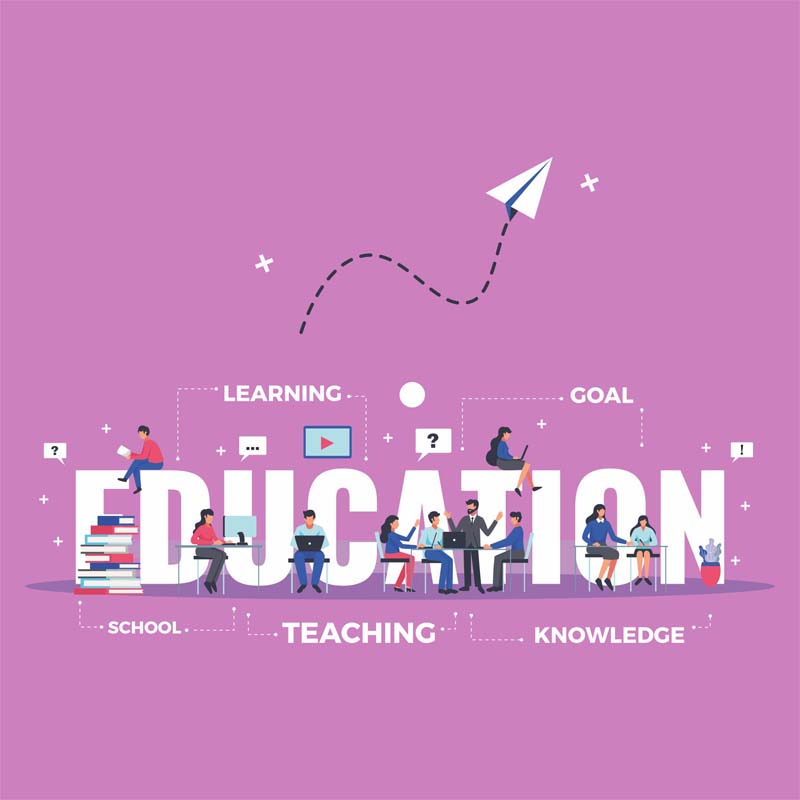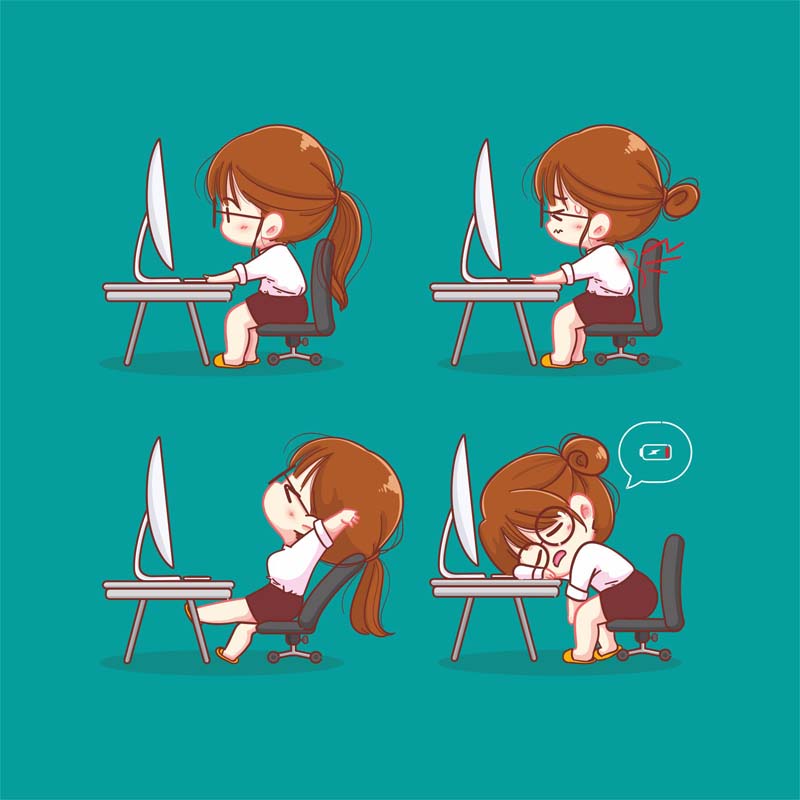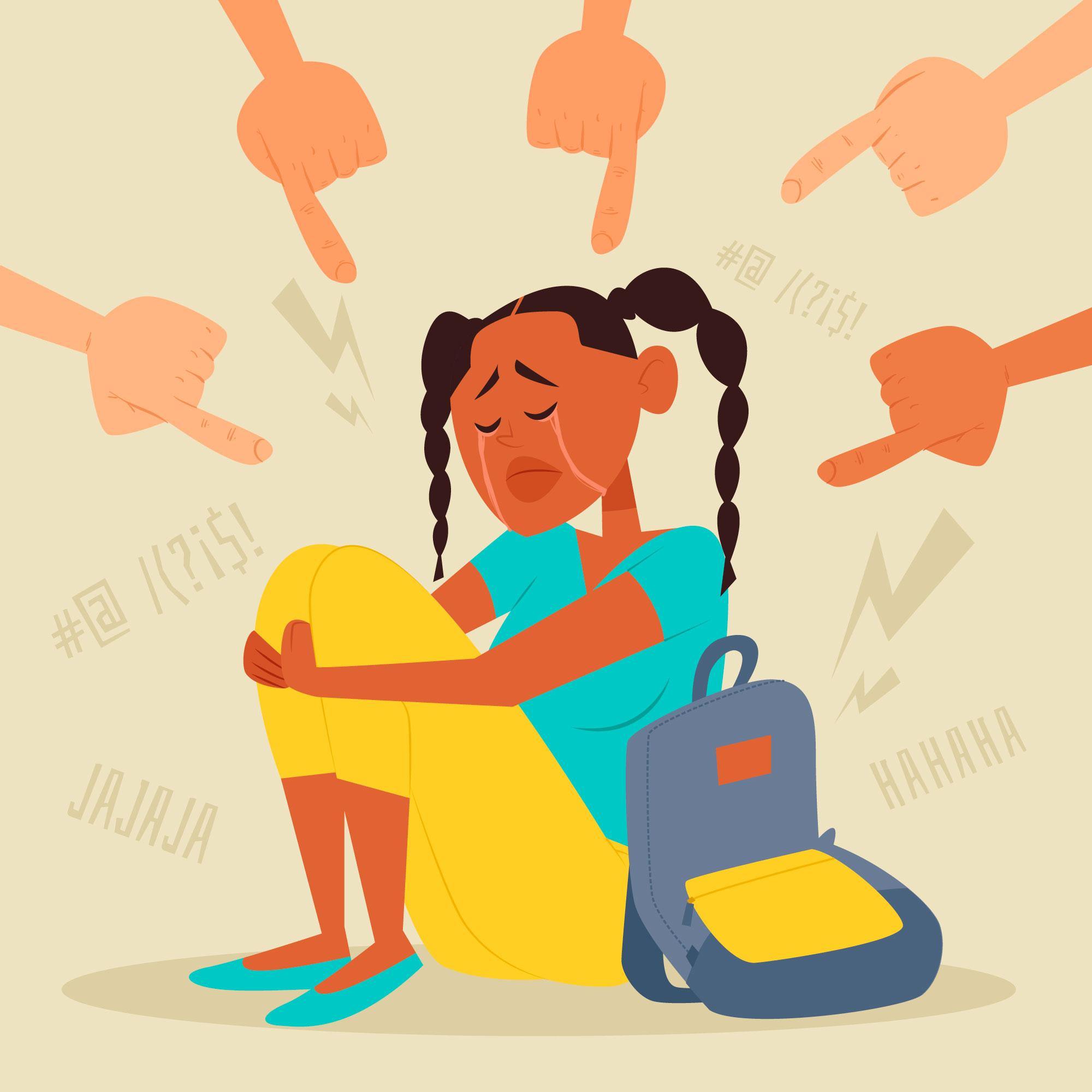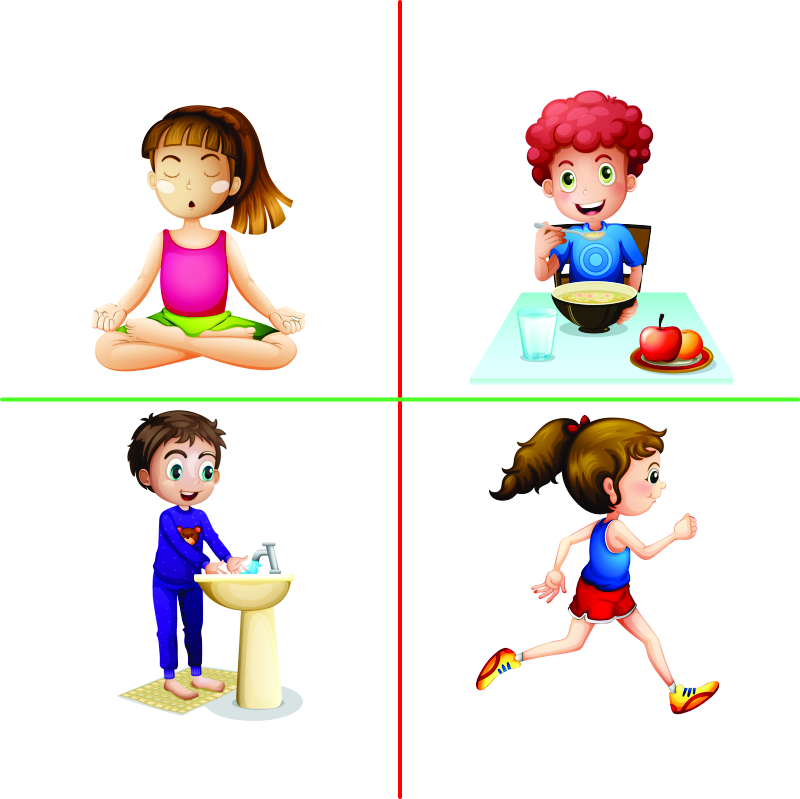Critical thinking is a fundamental skill in education in empowering students to think independently, analyze information objectively and make informed decisions. It goes beyond memorizing facts, encouraging students to question assumptions, evaluate evidence, and consider different perspectives before reaching conclusions.
In today's rapidly changing world, critical thinking is more essential than ever. With the vast amount of information available online, students must develop the ability to distinguish between credible sources and misinformation. Critical thinking skills help students to assess the validity of claims, avoid bais, and engage in reasoned debate. This equps them to be informed, responsible citizens capable of navigating complex societal issues.
Moreover, fostering critical thinking in education improves problem solving abilities. Whether in math, science, or literature, students who can approach problems creatively and logically are better equipped to tackle challenges. By encouraging critical thinking, teachers help students become more resilient learners who can adapt to new situations and solve problems on their own.
Additionally, critical thinking encourages curiosity and a deeper understanding of the material. Students who are encouraged to question "why" and "how" are more engaged in their learning and are motivated to explore subjects in greater depth.
In conclusion, developing critical thinking skills in education not only enhances academic success but also prepares students for lifelong learning. It helps them become self-reliant, thoughtful individuals who can thrive in both their personal and professional lives, making it a crucial component of modern education.









.jpg)









